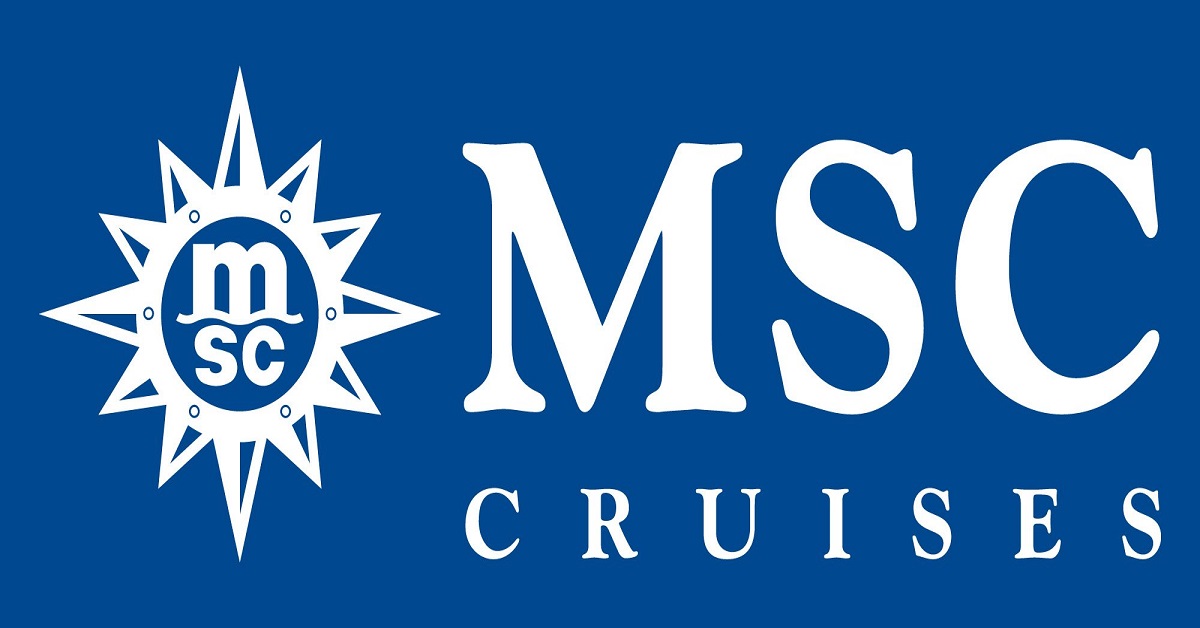
In press release issued on September 7th, MSC Group shared that the world’s first net zero greenhouse gas (GHG) emissions cruise proves that net-zero emissions cruising is possible today, significantly ahead of the 2050 target. MSC Euribia, the newest LNG-powered vessel of MSC Group’s Cruise Division, accomplished the feat using bio-LNG as fuel by applying mass balance.
MSC Euribia’s landmark net-zero GHG emission maiden voyage from Saint Nazaire, France to Copenhagen, Denmark took place between June 3rd and June 8th, 2023, with key data and insight coming into focus following the sailing. During the four-day voyage, MSC Euribia performed 11% better than her digital twin—a virtual ship reproducing the optimum energy flow and utilization on board—achieving an overall savings of 43 tons of fuel. Optimal speed profiles, routing, trim and engine configuration played important roles, along with strict optimization of hotel-related energy consumption, including HVAC, galleys, and lighting. Together the provisions ensured that MSC Euribia never had to use more than two of its four engines during the voyage. Additionally, all required heat for galleys, heating systems and hot water on board was recovered from the engines, meaning there was no need to use the boilers at any point during the voyage.
Achieving net-zero performance was possible due to using bio-LNG as a fuel, which was accomplished under a mass-balance system. Mass balancing is the most cost-effective and environmentally efficient method of delivering the benefits of renewable LNG, fully recognized by the EU Renewable Energy Directive (RED II). Each batch of bio-LNG produced was certified by the International Sustainability & Carbon Certification (ISCC).
The successful completion of this voyage sends a clear signal that net zero GHG emissions marine operations are possible today if alternative fuels are available. The data harvested and information gathered during the trip will be used to optimize the existing ships in the fleet, further driving down emissions intensity across MSC Cruises’ operations.
Michele Francioni, Senior Vice President of Optimization for the Cruise Division of MSC Group, commented: “We are extremely proud of this achievement, that proves net-zero cruising is possible today. Our engineers on board and our crew led by Captain Battinelli did a fantastic job optimizing the ship’s operation. MSC Euribia truly has the most energy-efficient cruise ship design to date, but we need greater availability of renewable fuels for the wider maritime industry to consistently repeat this feat. With the right level of support from governments and international institutions in incentivizing acceleration of technological advancements and renewable fuels availability, the industry can achieve net-zero emissions cruising by 2050.”
The recent signing of a Letter of Intent (“LOI”) between MSC Cruises and Gasum, a fuel supplier, will provide MSC with access to liquefied synthetic gas, or e-LNG, a renewable fuel produced using hydrogen, created by hydrolysis with renewable energy and captured carbon.
Linden Coppell, Vice President of Sustainability and ESG for MSC Cruises said, “The partnership with Gasum will enable us to access new and cleaner fuels needed to make a significant step toward net zero cruising. We need more suppliers like Gasum to step up and support our industry. We are ready and waiting to buy more of these new fuels. In the meantime, we will continue to learn from the data from MSC Euribia’s net zero GHG voyage and use these findings as a benchmark for delivering our next LNG vessel.”
MSC Euribia’s pioneering net zero GHG emissions voyage was recently recognized within the cruise industry when it was awarded the accolade of ‘Sustainability Initiative of the Year 2023’.


